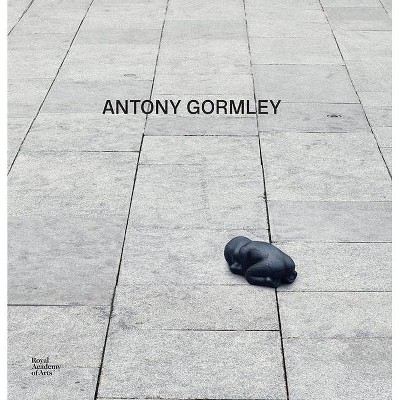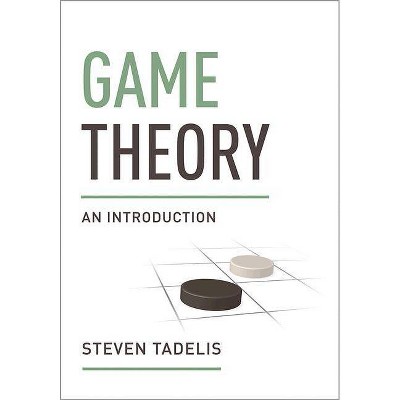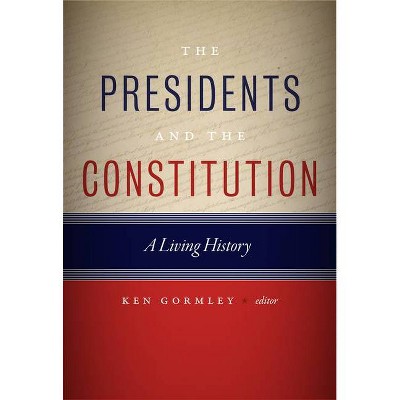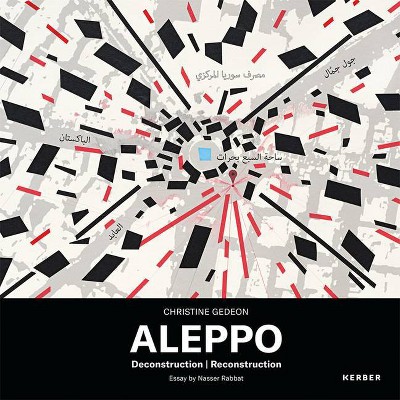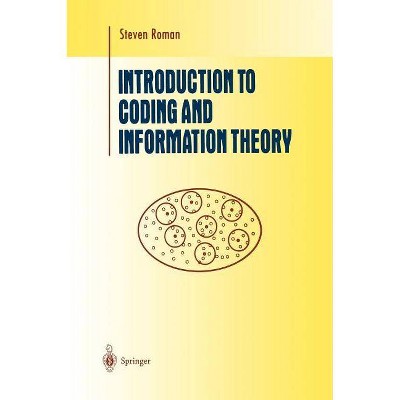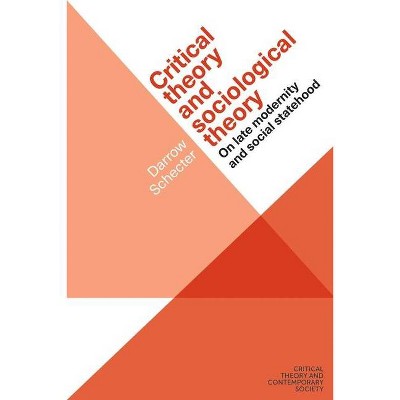Deliberative Theory and Deconstruction - by Steven Gormley (Hardcover)
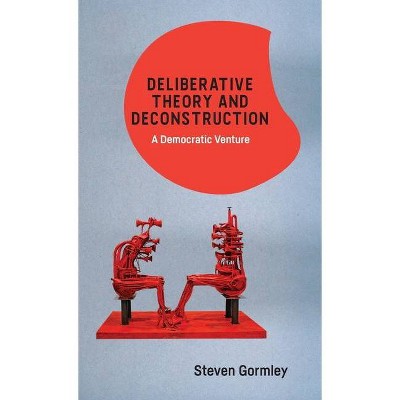
Similar Products
Products of same category from the store
AllProduct info
<p/><br></br><p><b> About the Book </b></p></br></br><p>Our political climate is increasingly characterised by hostility towards constructed others. Gormley answers the question: what does it mean to do justice to others? In developing this account, he places deliberative theory and deconstruction into critical conversation with the work of Mouffe, Aristotle, Rorty, Laclau and critical theory.</p><p/><br></br><p><b> Book Synopsis </b></p></br></br><p>Our political climate is increasingly characterised by hostility towards constructed others. Steven Gormley answers the question: what does it mean to do justice to others? He pursues this question by developing a critical, but productive, dialogue between deliberative theory and deconstruction. Two key claims emerge from this. First: doing justice to the other demands that we maintain an ethos of interruption. And secondly: Such an ethos requires a democratic form of politics. In developing this account, Gormley places deliberative theory and deconstruction into critical conversation with the work of Mouffe, Aristotle, Rorty, Laclau and different traditions of critical theory.</p><p/><br></br><p><b> From the Back Cover </b></p></br></br>'Deliberative theorists have increasingly sought to reorient their theories to feature multiple forms of exclusion that take place off-stage. In this thoughtful and clearly written book, Steven Gormley mobilises the work of Derrida to explain why this reorientation became necessary, and how contemporary deliberative theorists have opened spaces for those who had previously been overlooked. This compelling book provides insight into why the effort to perfect democratic justice requires ongoing vigilance, humility and creative empirical work.' Miriam Bankovsky, La Trobe University 'Gormley's book is one that democratic theory has been waiting for and it will be read with great profit by people on both sides of what has been a regrettable divide. It shows with originality, clarity and verve how the productive engagement of deliberative theory and deconstruction is both possible and desirable.' David Owen, University of Southampton In a political climate increasingly characterised by hostility towards constructed others, Steven Gormley answers the question: what does it mean, and how can we respond to the demand, to do justice to the other? He pursues this question by developing a critical, but productive, dialogue between deliberative theory and deconstruction. Two key claims emerge from this: doing justice to the other demands that we maintain an ethos of interruption; and, such an ethos requires a democratic form of politics. In developing this account, Gormley places deliberative theory and deconstruction into critical conversation with the work of Mouffe, Aristotle, Rorty, Laclau and different traditions of critical theory. Steven Gormley is a lecturer in Philosophy at the University of Essex. Cover image: Great Dialogue, 1966, Karel Nepras. Courtesy of Wikimedia Commons Cover design: [EUP logo] edinburghuniversitypress.com ISBN 978-1-4744-7528-0 Barcode<p/><br></br><p><b> About the Author </b></p></br></br><p>Steven Gormley is a lecturer in Philosophy at the University of Essex. His research focuses on democratic theory, critical theory, deconstruction, and rhetoric. He has published articles on the normativity of deconstruction, the concept of forgiveness, and rhetoric and deliberative theory.<p>
Price History
Price Archive shows prices from various stores, lets you see history and find the cheapest. There is no actual sale on the website. For all support, inquiry and suggestion messages communication@pricearchive.us
